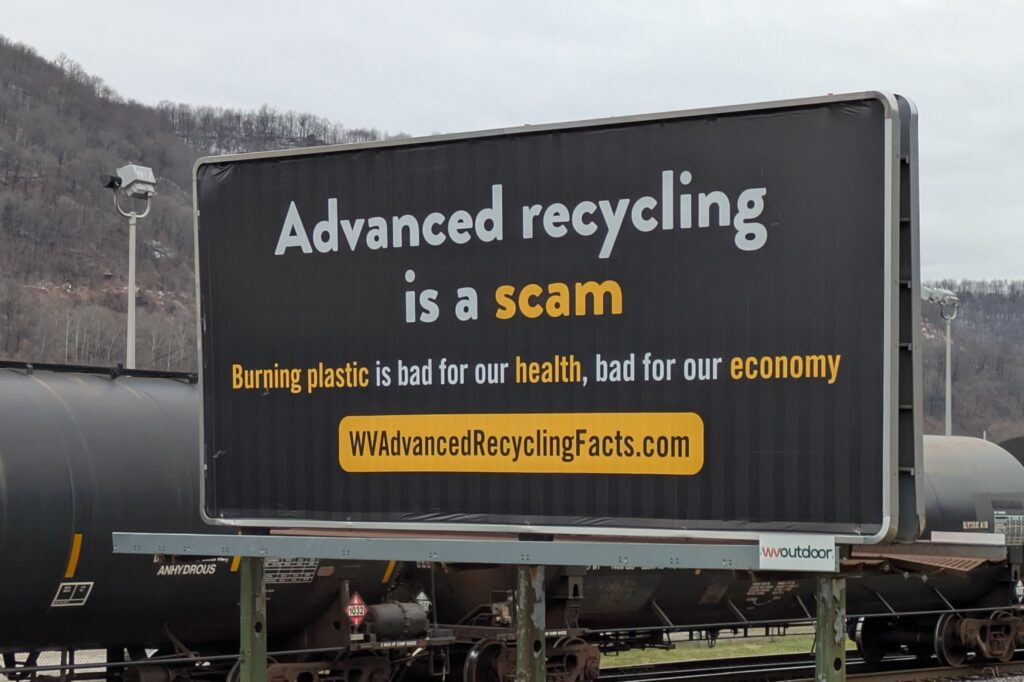- Like
- Digg
- Del
- Tumblr
- VKontakte
- Buffer
- Love This
- Odnoklassniki
- Meneame
- Blogger
- Amazon
- Yahoo Mail
- Gmail
- AOL
- Newsvine
- HackerNews
- Evernote
- MySpace
- Mail.ru
- Viadeo
- Line
- Comments
- Yummly
- SMS
- Viber
- Telegram
- Subscribe
- Skype
- Facebook Messenger
- Kakao
- LiveJournal
- Yammer
- Edgar
- Fintel
- Mix
- Instapaper
- Copy Link
Today, Friday June 24th, is expected to be the next SCOTUS decision day, and WV vs. EPA is likely on the docket. The court is expected to decide how far the EPA may go in regulating greenhouse-gas emissions from coal-fired and gas-fired power plants under the Clean Air Act. One of the big concerns with this case is that it “will have far broader implications, not only for the Clean Air Act but also for other federal statutory frameworks that aim to protect public health and the environment.”
First we have to ask, “Why would the Court take up a case on a regulation that never went into effect and make a ruling in the abstract?” The implied answer is that the conservative members of the court are supporting “industry’s calls to gut the Clean Air Act and, with it, EPA’s regulatory authority.”
The arguments in WV vs. EPA revolve around section 111 of the Clean Air Act, which authorizes the EPA to set standards for stationary sources of air pollution. It’s all about the interpretation of the phrase “best system of emission reduction.” They argue this is unclear, and are challenging a 2015 regulation issued under section 111 (dubbed the “Clean Power Plan”), who’s broad interpretation of the phrase enabled it to enact stricter rules for fossil-fuel–fired power plants.
So, why would a potential SCOTUS ruling on this case about regulating emissions have massive ramifications? Well, it threatens to overturn what is known as the Chevron doctrine, and which could “render most of contemporary government unconstitutional.” Under the Chevron doctrine of deference, if a statute is silent or ambiguous on a point, the courts should defer to an executive agency’s interpretation, as long as the interpretation is reasonable.
Conservative justices have been directly challenging such agency deference in favor of what is now being called the “major questions” doctrine, stating “We expect Congress to speak clearly when authorizing an agency to exercise powers of vast economic and political significance.” For example, in AL Assoc. of Realtors vs. AL DHHS, the Court held that the CDC “had most likely exceeded its authority under the Public Health Service Act” by imposing a nationwide eviction moratorium in places with high COVID-19 rates of infection. In NFIB vs. OSHA, they held that OSHA exceeded its authority when they tried to make vaccinations mandatory in workplaces with 100 employees or more.
However, as Elizabeth Kolbert of the New York Times wrote, “Several of the parties to the West Virginia case go beyond the major-questions doctrine to argue in favor of what has become known as the ‘non-delegation’ doctrine. According to this way of thinking, Congress is barred by the Constitution from delegating powers that could be construed as legislative to the executive branch.”
Non-delegation doctrine hasn’t been used since 1935, since the New Deal. It is viewed by many as “one of the most dangerous ideas in American law.”
Kolbert quoted Harvard Law School professor Richard Lazarus, who explained, “The whole model of the New Deal state is that Congress passes laws that delegate to administrative agencies sweeping regulatory power to address the public health and welfare of the American people.”
In her article in the New England Journal of Medicine, Lisa Heinzerling, J.D. stated that, “Many federal laws aimed at protecting public health and the environment do not speak the way the current Court prefers; instead, they speak in broad terms, authorizing agencies to address risks that Congress may not have foreseen or fully understood when it enacted the laws. The Court’s reasoning in the COVID-19 cases threatens the power of Congress to legislate against risks in advance, before those risks become severe problems.”
Adopting non-delegation would render unconstitutional any such agency discretion, and “fundamentally alter the structure of the US government, stripping away the government’s power on issues as diverse as workplace safety, environmental protection, access to birth control, overtime pay, and vaccination.”
It could even help overturn Roe vs. Wade.
As a woman, living in West Virginia, with chronic health challenges including asthma, all of this concerns me greatly.
Has our Supreme Court been compromised beyond repair? Will they truly start overturning past rulings, laws and departmental actions in the interests of conservative politics and the will of polluting corporations? Will women and people who can become pregnant lose their bodily autonomy and become second class citizens?
All I can do, for now, is wait and listen.
After that, we ALL need to get back in the good fight to protect our air, our public health, and our democracy, because our democracy’s survival depends on us.



